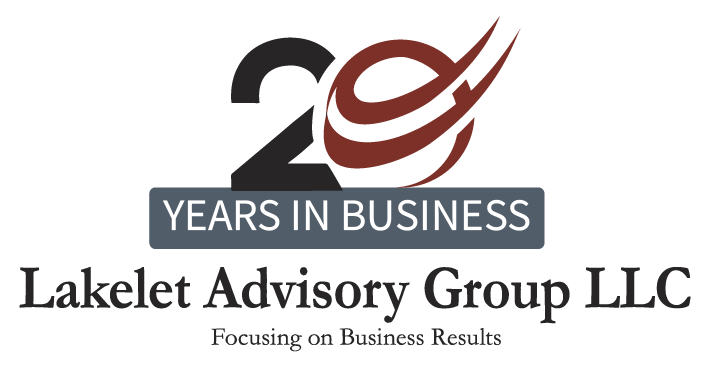ASC 805
General Background
The goal of ASC 805 is to provide clear and consistent accounting guidance for business combinations to ensure that financial statements fairly present the impact of the transaction on the acquiring entity's financial position and performance. Implementing ASC 805 can be a complex and time-consuming process that requires significant expertise and judgment. However, complying with the standard is important for ensuring that financial statements accurately reflect the impact of a business combination on an entity's financial position and performance.
Challenges Associated with ASC 805
Determining the fair value of assets and liabilities: This can be a complex process that requires significant judgment and estimation, and it may involve working with external experts to determine fair values for certain assets or liabilities.
Accounting for contingent consideration: ASC 805 requires that contingent consideration, such as earn-out payments or contingent liabilities, be recognized at fair value at the acquisition date. This can be challenging, as it may involve estimating the probability of the contingency occurring and the potential cash flows associated with the contingency.
Allocating the purchase price: ASC 805 requires that the purchase price of the business combination be allocated to the assets and liabilities acquired based on their fair values. This can be a complex process that requires significant judgment, particularly when there are intangible assets involved.
Dealing with differences in accounting standards: When a business combination involves entities that use different accounting standards, such as US GAAP and IFRS, reconciling the financial statements can be challenging. This may involve making adjustments to the financial statements to ensure that they are presented in accordance with the acquiring entity's accounting policies.
Who is Responsible for the Implementation/Calculations/Disclosures?
The responsibility for implementing ASC 805 lies with the management of the acquiring entity that is involved in a business combination. Management is responsible for ensuring that the guidance provided by ASC 805 is applied appropriately to the business combination transaction, and for ensuring that the resulting financial statements are presented in accordance with the applicable accounting standards.
In larger organizations, the responsibility for implementing ASC 805 may be delegated to specific individuals or teams within the organization, such as the accounting or finance department, or to external consultants or auditors who have expertise in business combinations and accounting standards.
It is important that those responsible for implementing ASC 805 have a thorough understanding of the standard and the requirements for accounting for business combinations. They should also have the necessary technical expertise and judgment to make informed decisions about the fair value of assets and liabilities, the allocation of purchase price, and other accounting matters related to the business combination.
Ultimately, the success of implementing ASC 805 will depend on the commitment and involvement of management in ensuring that the standard is applied appropriately and that the resulting financial statements accurately reflect the impact of the business combination on the acquiring entity's financial position and performance.
*****
The complexity of these reporting/disclosure requirements provides the very foundation of all future accounting for the assets/liabilities involved. But moreover, the numerous implementations for our clients. Accordingly, it is imperative that the implementation of ASC 805 is properly performed and documented.
